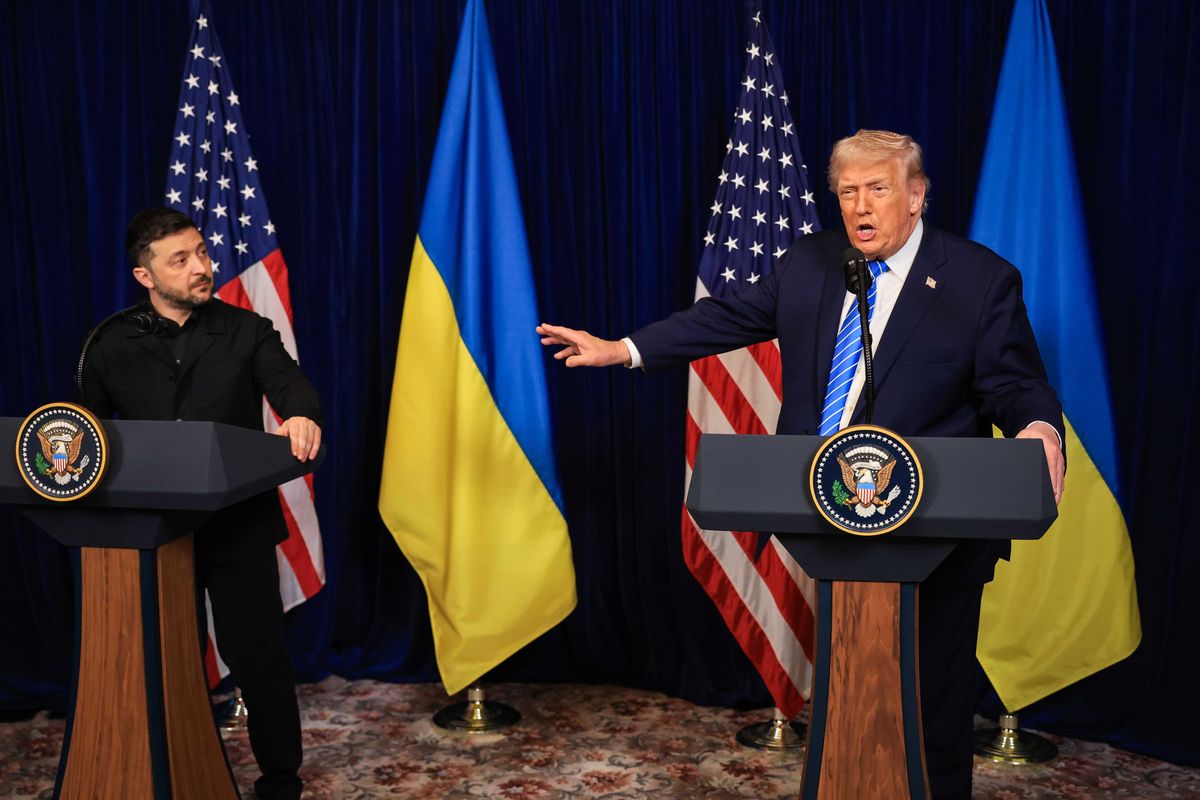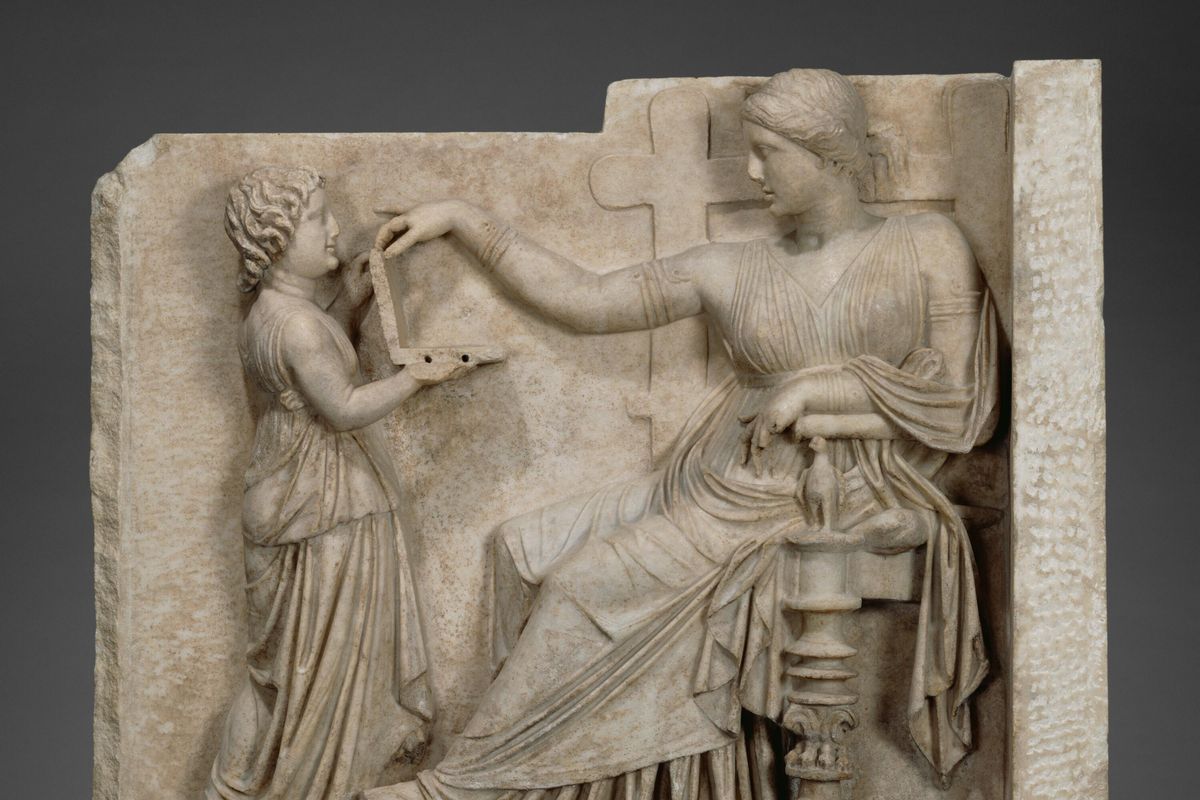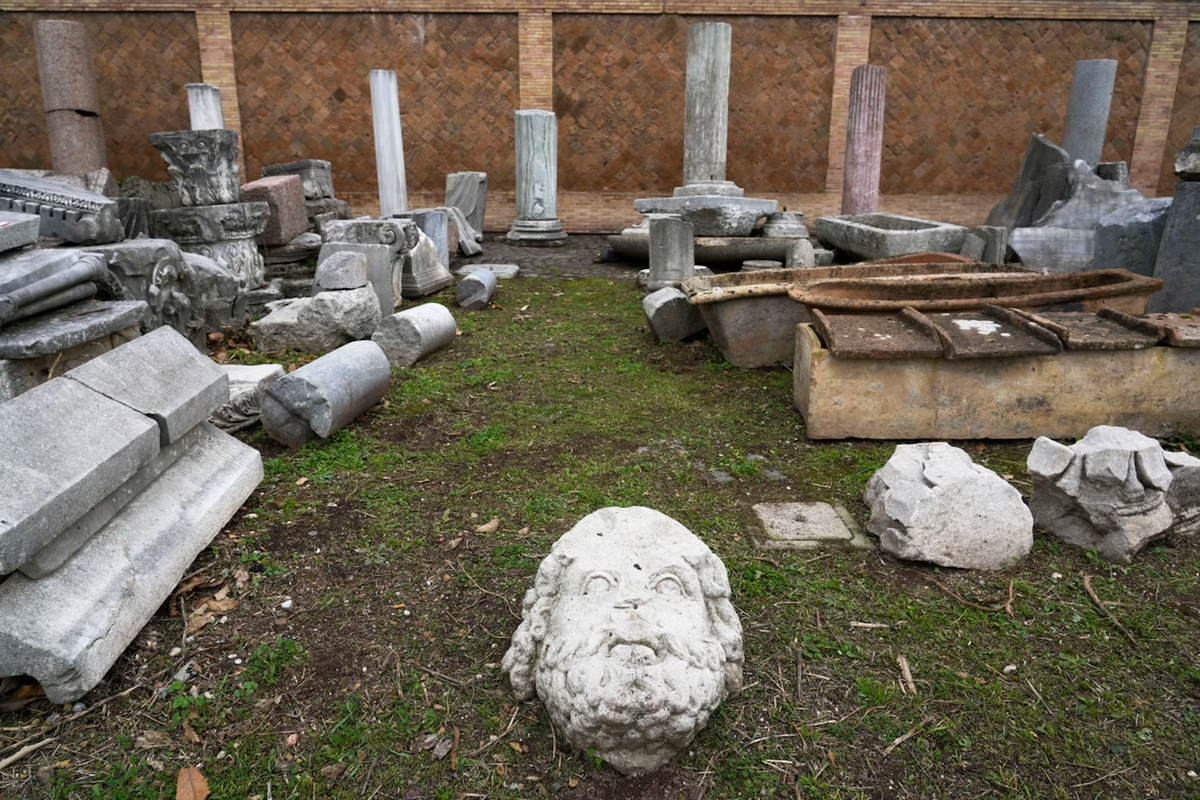Joe Vesey-Byrne
Dec 29, 2016
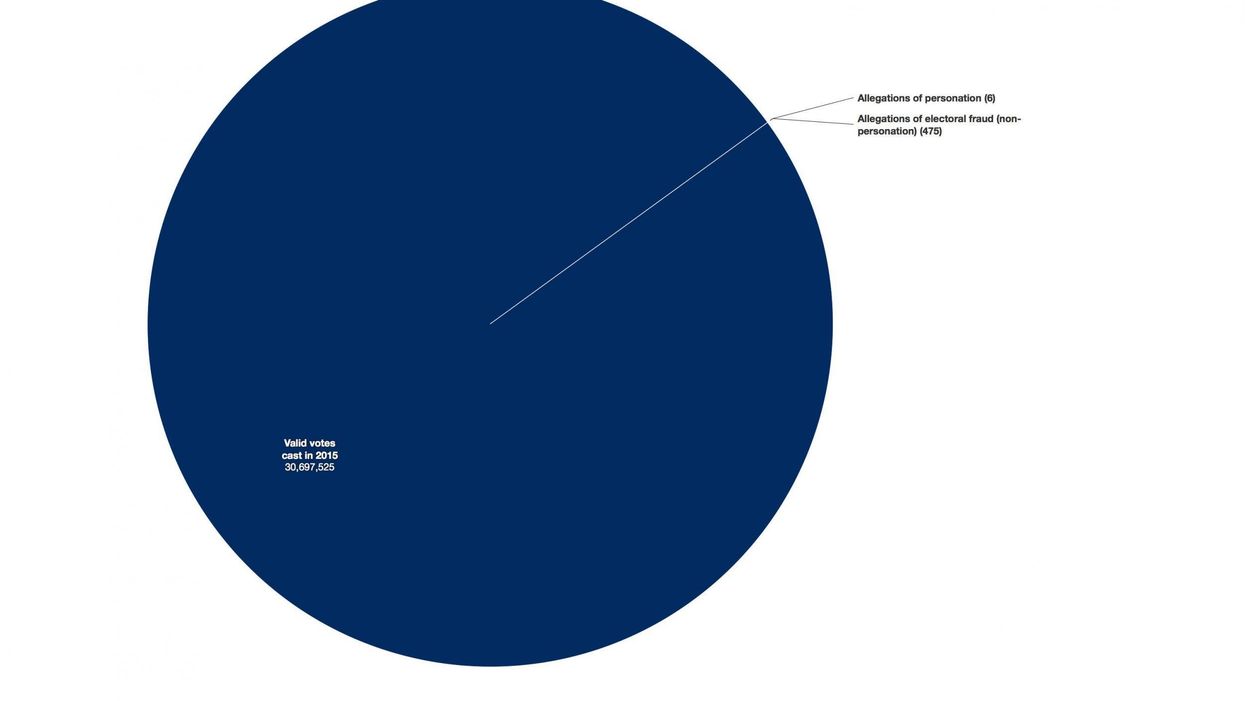
Picture:
Joe Vesey-Byrne/Datawrapper
The UK is going to investigate the 0.000016 per cent of cases where votes have been accused of being fraudulent.
Conservative ministers have announced proposals this week that will require voters to bring ID to polling stations, such as a driving licence or passport.
At present in the UK, voters register online or via the post and are only asked to volunteer their name and address when they collect their ballot paper.
Introducing the proposal, the Constitution Minister Chris Skidmore said:
The government’s view is that electoral fraud is unacceptable on any level. I want to protect the right of everyone to have their say and participate in our democracy.
That is why the new measures we are announcing today will protect anyone who is at risk of being bullied, undermined or tricked out of their vote – and their democratic right.
By eliminating fraud and tackling improper practices, we are ensuring the integrity of our electoral system while building a clear and secure democracy that works for everyone.
Opponents of the voter ID measure have claimed the threat of fraud is being overstated, and Labour has accused the Conservatives of "denying millions of electors the vote".
Tory proposals and Sir Eric Pickles MP
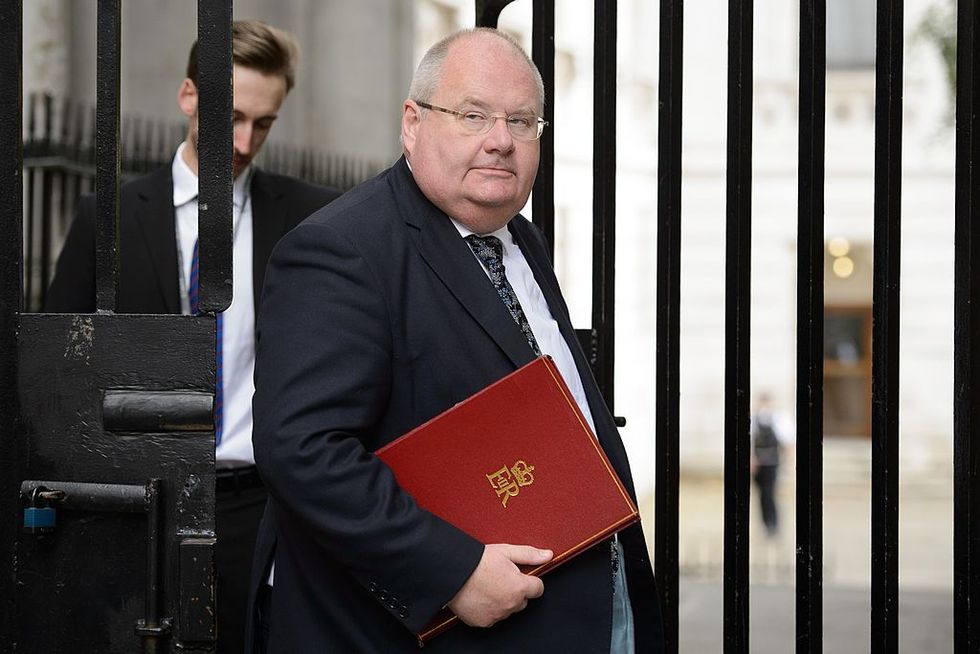
Sir Eric Pickles explains in his report 'Securing the Ballot', that when he was given the role of 'Anti-Corruption Champion' he "specifically asked for electoral fraud to be made part of that work".
Among other proposals, the report recommends that voters be expected to bring identification documents to polling stations.
On Tuesday the government announced a pilot programme for 2018 in which four different types of ID were to be trialled during the year's local elections.
Types of acceptable voter ID will include driving licences, utility bills, and passports.
The Government has ruled out creating a form of ID specifically for voting.
The use of ID is an attempt to prevent the fraudulent act of "personation".
Personation is defined by the Electoral Commission as:
Where an individual votes as someone else either by post or in person at a polling station, as an elector or as a proxy. This offence applies if the person that is being personated is living, dead or fictitious.
The current charge for conviction of "personation" is a maximum of two years imprisonment and/or a fine, under the Representation of the People Act (1983).
The report cited the fact that requiring voter ID has been the requirement in Northern Ireland for over 30 years, and photo ID had been in use since 2003.
Actual extent of voter fraud
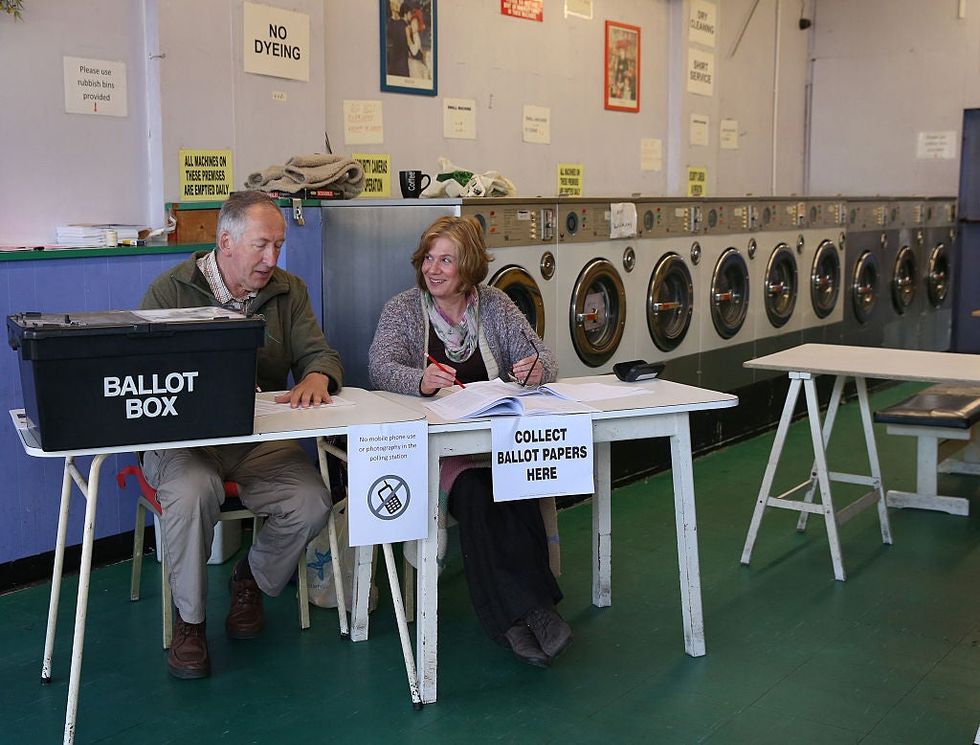
You might expect there to be regular reviews into the level of voter fraud at UK elections.
And you would be correct. There are regular reviews, done by the Electoral Commission.
In March 2016, the commission published a report into allegations of electoral fraud with regard to the last general election.
Police forces across the UK recorded a total of 481 allegations of electoral fraud at the 2015 elections (as in offences that breached the 1983 Act).
Comparing that to the last five years, the commission showed there was indeed a spike in that year for cases of electoral fraud.
Despite this nominal rise, the commission was not concerned. Their report concluded:
Based on the data recorded by police forces to date, there have been no large-scale cases of proven electoral fraud relating to elections in 2015. We will continue to monitor the outcome of those cases which are still under investigation or awaiting prosecution advice, in order to identify any significant cases which might result in prosecution or a police caution.
In 312 instances of allegations of electoral fraud in 2015, the police took no further action, and only three allegations resulted in convictions.
None of the convictions were related to the offence of personation.
All three convictions were due to false statements on nomination forms, and were investigated by Essex, Nottinghamshire, and Surrey police forces respectively.
Only the Essex case related to a parliamentary election.
As this shows, electoral fraud is not entirely limited to "voter fraud”, despite attempts to conflate the two.
In 2015 what are known as "campaign offences", were more than twice as common as instances of voter fraud.
Voter ID laws are intended to tackle "personation"
In fact the electoral commission welcomed the Pickles proposal for this reason.
We welcome today’s full and considered response from the Government and the announcement of its intention to pilot measures to increase security at polling stations. Having undertaken detailed work, the Commission’s view is that the use of photographic ID is the most effective proof against personation; however, we look forward to working with the Government and other partners to further explore the options, in order to ensure voter confidence in the system.
The number of voter fraud cases in 2015 was 123.
Of these, 64 were allegations of personation.
Of these personation offences, the police took no further action in 43 instances, due to "no offence", "no evidence" and "no detection" of personation existing.
Only six allegations were under investigation at the time of publishing the report.
Six.
Six cases of personation out of a total of 30,697,525 valid votes cast in 2015.
In its response to Eric Pickle’s report, the electoral commission also suggested that it was concerned that the perception of voter fraud was greater than the actual amount.
We agree with this conclusion, but we remain concerned about the evidence from research with voters, which highlights an underlying perception among a significant proportion of the population that electoral fraud is a problem.
Accusations of disenfranchisement
If personation is not as rampant as the Conservatives are suggesting, questions are being raised about the possibility of an ulterior motive.
Commentators have accused the government of attempting to disenfranchise the voter demographic groups who historically have not voted Conservative.
Similarly, Labour MPs have called it an attempt reduce "low income voting".
Sir Eric's report refutes the idea that a requirement to produce ID would deter voters from participating in elections.
Anecdotally, in recent elections, the numbers of people who do not vote because they cannot produce the acceptable ID or forgot ID is extremely small.
It also argued that the absence of evidence was not evidence of absence.
Despite the low numbers of allegations and rare cases of personation being prosecuted, there is a concern that the absence of evidence does not mean this practice is not taking place. And even if it is not, there is a precautionary principle that comes into play in terms of the potential for it to happen.
The electoral reform society has called the measures a "blunt instrument".
In a statement, its chief executive Katie Ghose went on to say:
While we should take all instances of voter fraud very seriously where they occur, mandatory voter ID is a sledgehammer to crack a nut. The government should think very carefully before introducing barriers to voting.
Indeed, voter ID is quite the precaution in case the number of allegations spikes to 0.00002 at the next general election.
indy100 has contacted Chris Skidmore's office and the office of the Anti-Corruption Champion for comment.
More: All the disputed territories in the world, in one map
More: Every country would now vote Remain in an EU referendum... Including Britain
Top 100
The Conversation (0)






